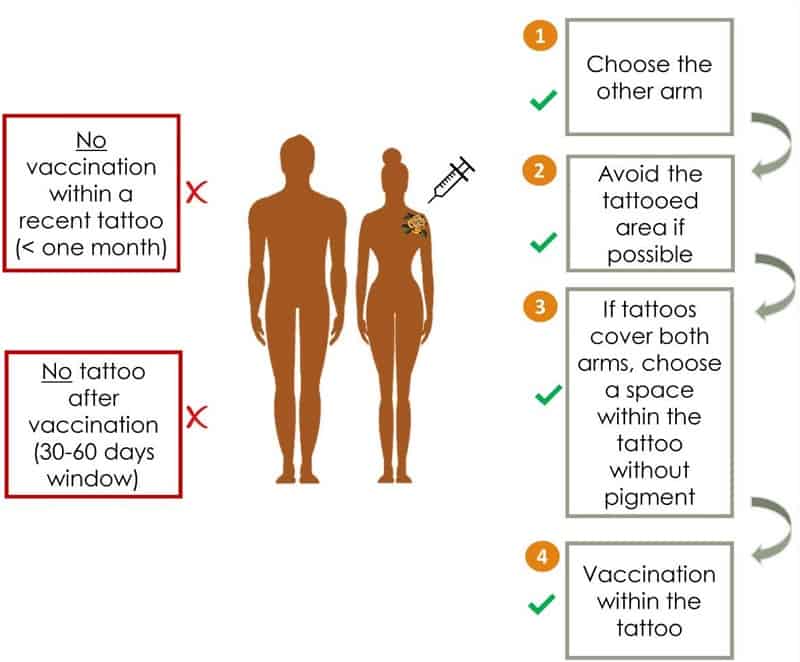Is It Rude To Ask a Tattoo Artist To Copy a Tattoo?
If you’re reading this, there’s probably an artwork somewhere that you would like to get tattooed on your body. But, you realized there might be a little problem there as well. Can you come to a tattoo shop with a request for a tattooist to do the exact same thing on you, with small or no changes at all? Where does the issue of copyright law step in, and is such a request simply disrespectful and rude?
Well, you wouldn’t be the first or the last to wonder about the issue of copying tattoos. This topic is a big deal in the tattoo community. And, in the following paragraphs, we’ll let you know all about this. This way, you can avoid copyright law issues and violations of the same law. So, without further ado, let’s get started!
Tattoos: Inspiration and Copyright Violation
Inspiration – Explained
It is best to start this kind of topic by explaining what being inspired by another artwork or tattoo means.
We all draw our inspiration for life from somewhere or someone else, usually other people’s work. But, in the meantime, we also want to move away from the inspiration and create our own thing that is unique for us only and no one else.
Inspiration in such a case is the thing that has influenced you to do something similar, but you also managed to introduce some unique parts and changes which make the newly created artwork unique and yours. But, even in the case of inspiration, it is important to be vocal about the person or the artwork that can inspire or influence you.
Without any changes or adjustments introduced while creating artwork under the influence of another piece of art, then you’re simply in the presence of plagiarism.
This applies to any type or form of creative work; whether we’re talking about a song, a text for a book, a painting, or an artwork design for a tattoo. Being inspired and straight-up copying another person’s work isn’t distinguished by a fine line as some people believe. These two concepts are completely different and generally emphasized by one’s need to hide the source of inspiration.






















